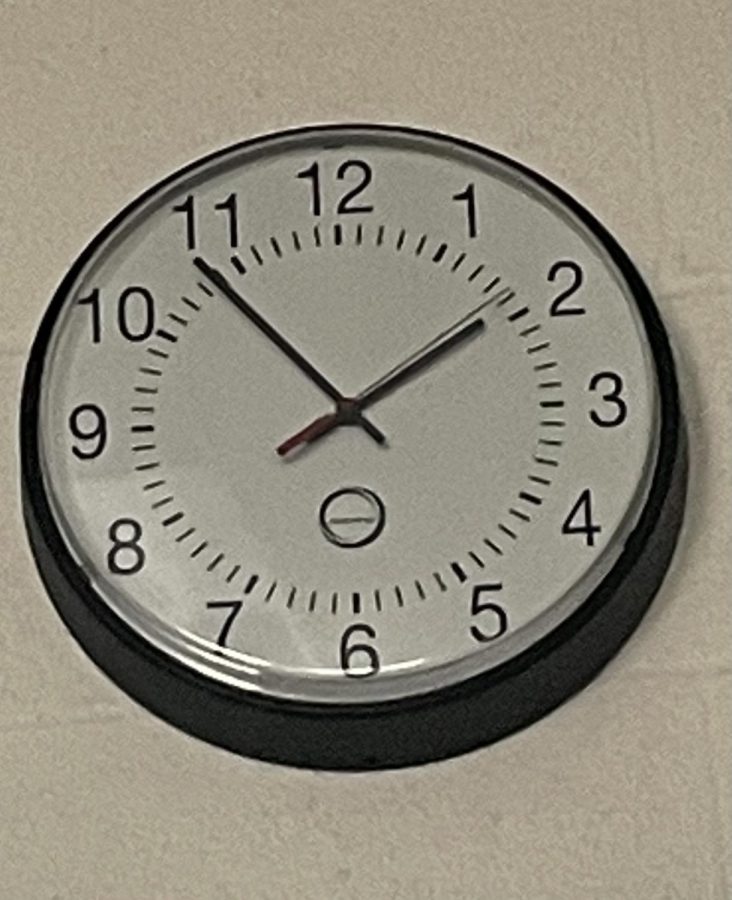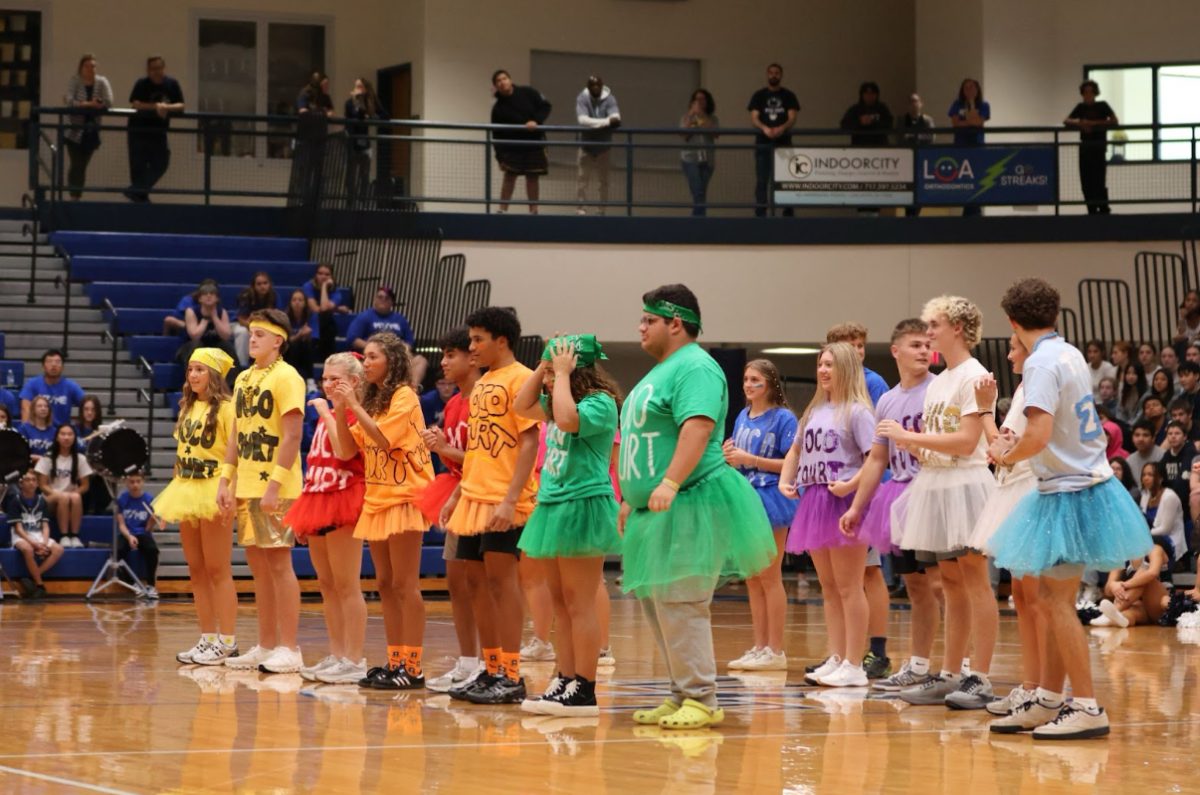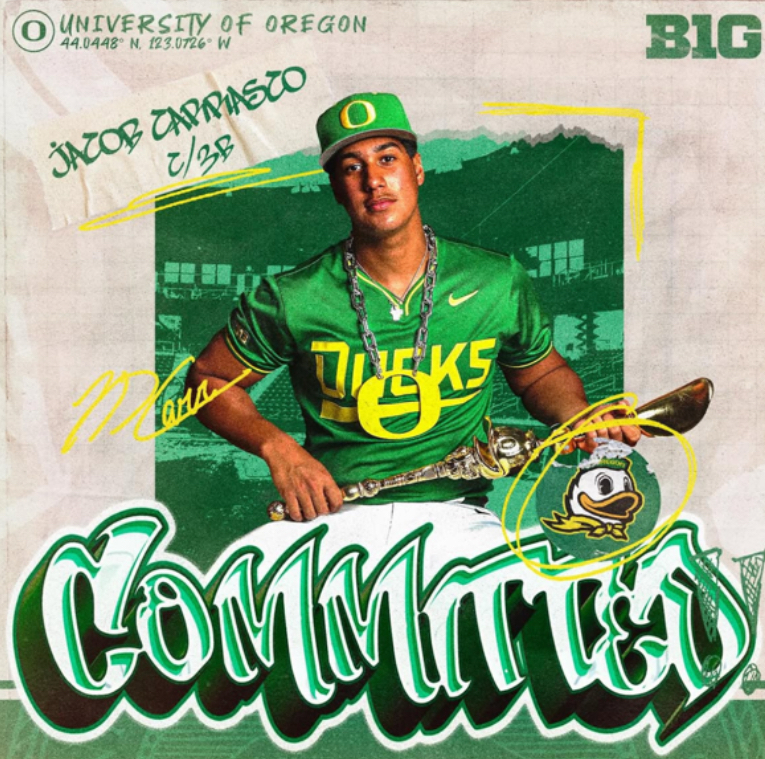The Daylight Savings Controversy
March 24, 2023
Twice a year, smartphones adjust their clocks automatically: in the fall, they set themselves back an hour, and in March, when the weather becomes warmer and flowers begin to pop up, they jump ahead an hour. This is known as daylight savings time. This year, at 2 a.m. on March 12, clocks “sprung forward” one hour. Consequently, the world lost an hour of sleep but gained an extra hour of sunlight in the evenings.
In the United States, there is an ongoing debate about whether the practice of daylight savings should continue or not. Daylight savings was originally created in 1918 under The Standard Time Act, in an attempt to reduce fuel expenses during the First World War, by adding an extra hour of daylight. However, after the war, state governments were left to decide whether or not to continue with the time change. The law resurfaced during the Second World War, but after the war some states abandoned it. Daylight savings became an official law in 1966 under the Uniform Time Act. Shortly after, European countries adopted the practice of daylight savings time.
Currently, two US states do not practice daylight savings time: Arizona and Hawaii. Several US territories do not practice daylight savings time either. A recent bill called The Sunshine Protection Act proposed by Senator Marco Rubio suggests that Daylight Savings should be implemented year-round. His reasoning is that it will reduce crime rate, seasonal depression, car crashes, and energy usage. He also states that it will benefit the agriculture economy.
According to Senator Scott Martin of Pennsylvania, “Changing the clocks each spring and fall does more harm than good to the health and welfare of our citizens.” However, for the transition to actually be implemented, it would require action at the federal level. The National Conference of State Legislatures says that legislative bodies have considered hundreds of bills and solutions to create all around daylight savings, but federal law has not allowed it yet.
At MTHS, a survey conducted amongst 138 students found that 68.1% of students are in support of daylight savings time. Also, 52.9% of students reported that they felt affected by the time change for two days to a week.
“I like having the sun out for longer especially when there are sports later at night, it’s easier to play in the sunlight than darkness,” said freshman Effie Papadimitriou.
Many other students on the survey said they like having more daylight and that it improves their mood.
“I feel as though it’s quite unnecessary in the modern age. Some states don’t even participate in it anymore,” said sophomore Ahmya Artis. “As someone who struggles with sleep, once the clock gets set back, it’s incredibly difficult to get my sleeping habits regulated again which affects my academic life.”
Several students in the survey also said that they think the practice of daylight savings is abrupt and unnecessary, and many complained that it affected sleep.













